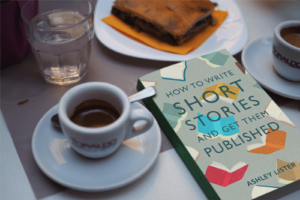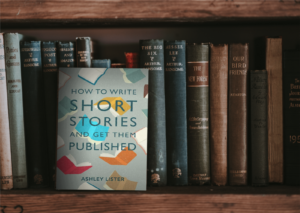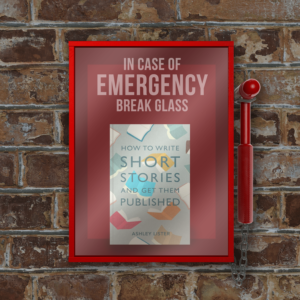by Ashley Lister
Aside from wishing everyone reading this a wonderful 2020, and hoping it is a year that brings you all the satisfaction and fulfilment you crave and deserve, I also want to offer everyone an opportunity to reflect before we hurtle into the first year of this decade.
With the start of a new year we have a symbolic opportunity to be reborn. This is why so many people vow to quit smoking, drinking or eating unhealthily: in order to stop the bad habits of the previous year. Or they vow to eat better, exercise more regularly and moderate their language so the expletives aren’t so powerful as to make sailor’s blush.
My new year resolutions are simple ones, no different to friends and colleagues from all over the world. I’m sharing them here so I can look back over the next twelve months and make sure I’m continuing in the correct direction.
I want to write (and publish) more
I love short stories. My PhD was devoted to the genre and my most recent non-fiction title, How to Write Short Stories and Get Them Published, is focused on short stories. Consequently, before the end of the year, I want to write and publish half a dozen short stories. I also want to publish my next horror novel and produce and perform two new poems each month, so writing is pretty high on my personal agenda for 2020.
I want to do three 10K runs
I did a couple of 10K runs last year and they were exhilarating. The second one, I managed to complete in under one hour. Admittedly, both runs screwed over my knees for a week afterwards, but, on the plus side, training for these events has meant that I’m in a healthier condition than I’ve ever been in my life. And, as a sedentary writer, who spends most of his working day pushing his ass into an office chair, anything that improves my physical health has to be seen as a benefit.
I want to do at least one act of kindness each week
We live in a brutal world. Global politics currently seem to be driven by the machinations of hate and divisiveness. The divide between those who have plenty and those who have nothing is growing wider and wider.
So, I’m going to try and do one act of kindness each week. This might involve making a charitable donation. It might mean giving my time to a good cause. It might mean giving something of personal value to someone in need. Or it might mean doing something I haven’t yet considered.
I’m not trying to suggest that this will change the attitudes of those in the world or address those matters that divide everyone: but I’m hoping it will make someone feel better, even if that someone is only me.
We’re at the start of a new year: a new decade if you want to be pedantic. I genuinely hope this next twelve months brings you everything you desire. And, if you feel up to sharing your resolutions below, I’d love to know what you’re planning to do to make 2020 special.







